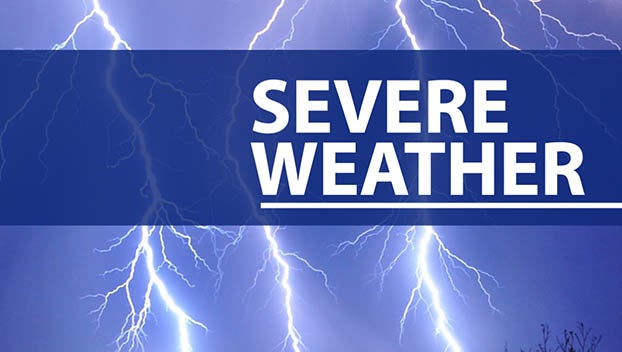Mississippi makes improvements in access to justice
Published 3:13 pm Thursday, June 10, 2021
Mississippi has made great improvements in providing legal access for the poor in civil disputes, yet there is still much work to do, leaders of the Access to Justice Commission said at the Commission’s 15th Anniversary celebration on June 8.
Mississippi moved from last in the nation in 2016 to 34th out of 52 jurisdictions on the Justice Index survey which was released on May 18. An even greater gain was rising to 14th in how the state assists self-represented litigants – up from next to last only four years ago. The improvements ranked the state as seventh in the nation for overall progress, said Access to Justice Executive Director Nicole McLaughlin of Tupelo. The survey, conducted by the National Center for Access to Justice at Fordham Law School, is a measure of 163 access to justice best practices in the 50 states, the District of Columbia and Puerto Rico.
McLaughlin said, “If we are moving up in the survey, we are helping people.”
Chancellor Jacqueline Mask of Tupelo, Access to Justice Commission Co-Chair, said. “It surely is encouraging to see the numbers. I believe we are truly making a difference in the lives of so many people. We have to continue to move forward.”
Co-Chair Rodger Wilder of Gulfport said 15 years of work is beginning to show progress. “This is a great achievement for the Commission. I am proud of what we have done.”
Chief Justice Mike Randolph of Hattiesburg read from the Supreme Court’s En Banc order of June 28, 2006, which created the Access to Justice Commission: “This Court is committed to the principle that justice should be available to all persons without regard to economic status.”
Chief Justice Randolph thanked current and former Commission members. “Today we are recognizing you all for doing something about it,” he said.
Justice Dawn Beam of Sumrall, a member of the Access to Justice Commission, said it’s easy to be numbed to a last place ranking. “We get so used to being 50th that it doesn’t even move us.” One in four Mississippians lives in poverty, 45 percent of Black children live in poverty, and 22.9 percent of children are food deprived. At some point, they are hungry. “That should move all of us not just to tears, but to action,” she said. “We cannot be satisfied with where we are. We have to move onward.”
The National Center for Access to Justice ranked states in four civil justice policy areas: attorney access, self help, language access and disability access. The 2021 Justice Index also included for the first time a separate criminal justice ranking dedicated to curbing excessive reliance on fines and fees.



